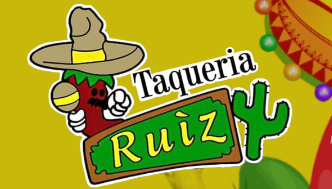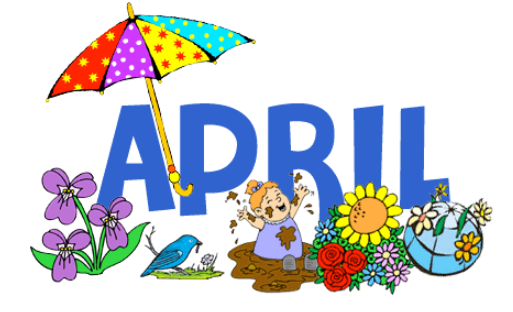Candy and Christ
Easter – April 17
Photo by Priscilla Du Preez on Unsplash
Candy is a part of Easter, but so is Christ.
For many people, Easter marks the annual visitation from the Easter Bunny or the last day of Spring Break, but for many, the roots of Easter are much deeper than the superficial ideas that our culture commonly associates with the most venerable day in the Christian religion.
Christians celebrate Easter as the day of the resurrection of Jesus Christ, the central figure in Christianity. This resurrection came three days after his crucifixion, where he was nailed on a cross in a torture designed to painfully kill criminals. Although there had been no proof of any crime committed, Jesus had been given this penalty by the Roman people because he claimed to be the Son of God.
According to Christian doctrine, Jesus needed to die and be resurrected because the sins of people elicit spiritual death in Hell. Jesus, who lived without sin, died to take the penalty of those who had sinned, and was resurrected so that those who believe in Him and His sacrifice don’t have to suffer the consequence. This resurrection on Easter not only corroborated Jesus’ divinity, but also exemplifies the salvation that people can receive from eternal punishment and separation from God in Hell. Hence, Christians celebrate this central tenet on Easter.
There are a lot of connections with other religions, as well. The Jewish feast of Passover was celebrated right after the crucifixion and always comes close to Easter. Easter itself was named after a goddess in a pagan religion who was related to fertility. Many of the non-religious symbols of Easter, like bunnies and eggs, come from the idea of rebirth, but Christians have incorporated many of these symbols to represent new life.
Whether one’s personal Easter celebration was a religious one or one related to spring, it’s important to know about the true meaning of Easter and its significance in history, not only because of its importance to Christians but also because of its importance to humanity as a whole.









